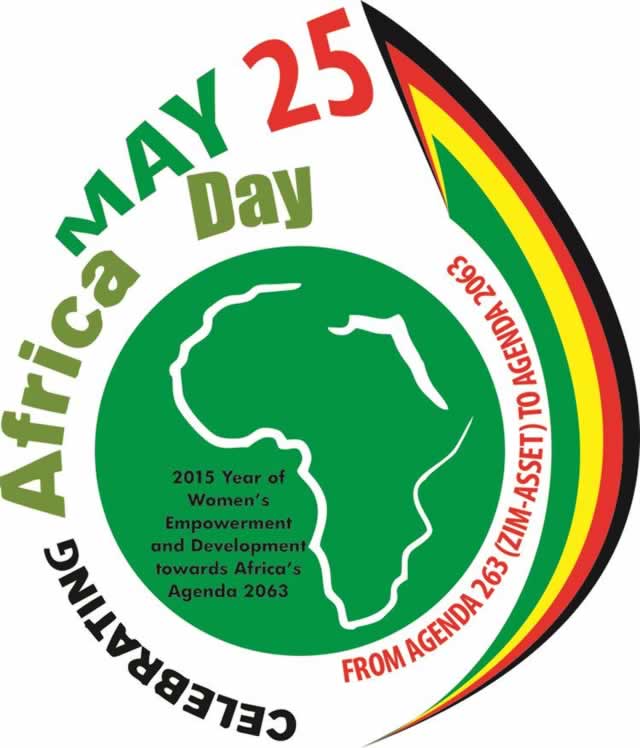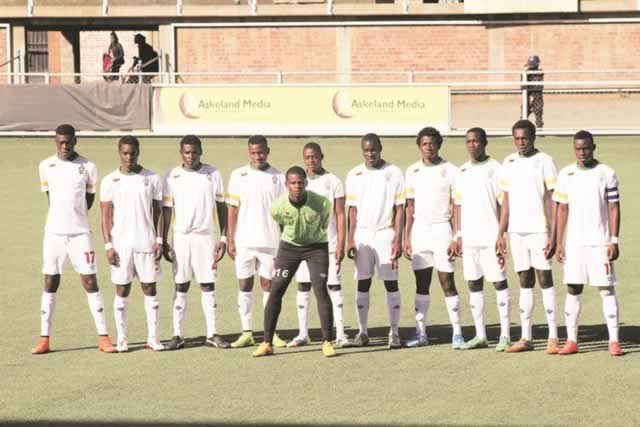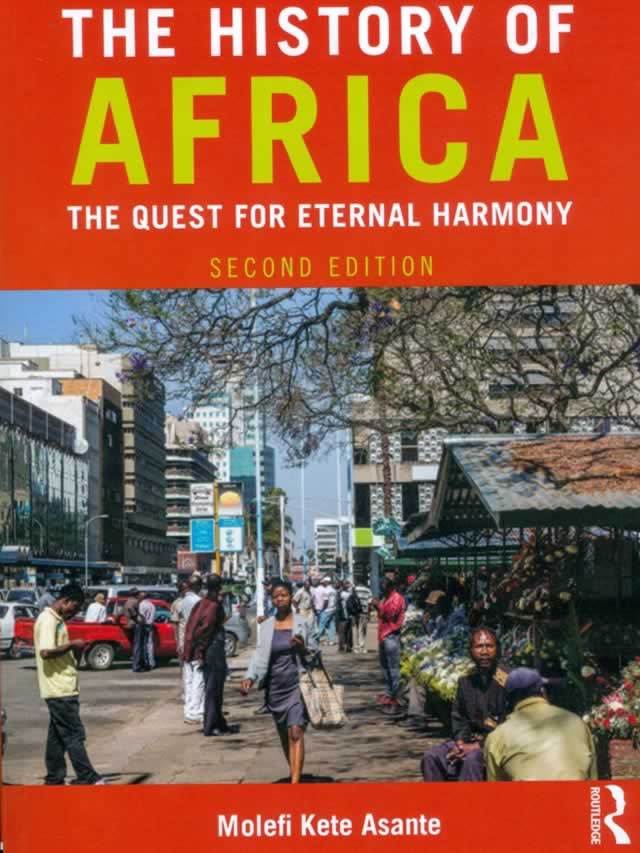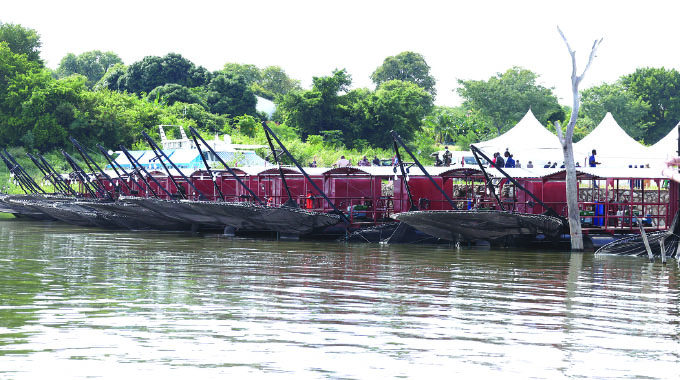Africa Day: Economic emancipation a must

 Susan Chipanga Correspondent
Susan Chipanga Correspondent
The African Union turns 25 today. It has been a long way from May 25, 1963 when the Organisation of African Unity (OAU) was established in Addis Ababa, on the signature of the OAU Charter by representatives of 32 governments.
Since that day in 1963, the organisation has since 1999 transformed into African Union (AU) under the Sirte Declaration in Libya with more focus on integration, economic co-operation and sovereignty.
Twenty-two other states have since joined making the AU membership to 54 nations.
One of the critical founding principles was the eradication of all forms of colonialism from Africa, and this has been achieved throughout the continent with all nations having attained political independence.
But political independence alone is not enough to meet the aspirations of the people of Africa who hunger for total socio-economic-political emancipation.
Africa remains one of the continents that house the world’s poorest countries whose people live in absolute poverty.
This is against a backdrop of the continent possessing abundant resources whilst her people continue to wallow in poverty — talk of the “resource curse”.
It is an undeniable fact that economic independence has been elusive and it’s only prudent to revisit Dr Kwame Nkrumah’s inspirational quote at the OAU founding in 1963 when he said; “We must recognise that our economic independence resides in our African union and requires the same concentration upon the political achievement”.
This calls to mind recent sentiments by AU and SADC chairman President Mugabe who noted that South Africa needed a second liberation as two decades after its political independence, the black majority are still marginalised economically, which explains the simmering tensions in that country resulting in the recent xenophobia attacks.
As we celebrate Africa Day, it is judicious to note that economic independence is still a challenge for most African states.
There is consensus among many today that Africa is lagging behind other continents in terms of economic development and to prove this point many always want to cite the example of Africa and South-East Asia.
The story is told that in the 1960s Africa and South-East Asia were at the same level of economic development.
Today, however, South-East Asia is far ahead of Africa with countries like Singapore and Malaysia having achieved tremendous economic growth to the inspiration of many growing economies.
This begs the question; what do we need to do as Africa to achieve economic development?
Many are quick to respond; Africa’s economic problems can only be solved by the Africans themselves.
This reality was also reiterated by the United Nations almost two decades ago: “African development is primarily the responsibility of African countries themselves.
The continent is rich in resources and the challenge is to develop them in the most beneficial way.”
Africans need to have that firm belief that they can chart their own destiny after the disastrous foreign prescription in the form of Structural Adjustment Programmes (SAPs) imposed by World Bank/International Monetary Fund (IMF) in the 1980s and 1990s.
Africa knows what needs to be done to free herself from the throes of poverty.
Zimbabwe has already paved the way for other African countries through its empowerment policies enshrined in her economic blueprint, Zim-Asset which in its foreword notes; “Zim Asset was crafted to achieve sustainable development and social equity anchored on indigenisation, empowerment and employment creation which will be largely propelled by the judicious exploitation of the country’s abundant human and natural resources.”
Africa needs to utilise her resources and these she has in abundance.
We can’t continue being perennial beggars when we have the resources to improve our lot.
In 2000, a World Bank report entitled “Can Africa claim the 21st century” noted that one of the major hurdles for African development was that whilst “other regions have diversified, most countries in Africa are still largely primary exporters”.
President Mugabe has been emphasising how Africa needs to embrace value addition and beneficiation of its resources to earn more on the world market.
It is the same message he reiterated in his acceptance speech as chairman of the African Union in January of 2015.
Though this is not an easy road, the journey has to be made, and our belief is Africa must do it if she wants to be counted as an economic powerhouse.
In our quest for economic emancipation, we cannot overlook regional integration.
The creation of regional bodies such as the AEC, EAC, ECCA, ECOWAS, COMESA, IGAD, and SADC have renewed interest in the feasibility of regional integration in Africa as one of the foundations for economic development.
This will however, remain a pipedream if we don’t improve on our inter-connectivity through infrastructure development.
One of the fathers of modern economics, Adam Smith, in his seminal publication, the Wealth of Nations, observed already in 1776 that “Africa had been poor from time immemorial because it lacked the navigable rivers and natural inlets that afford the benefits of low cost sea-based trade”.
It’s been 239 years since Smith made that observation, it is obvious this is still an impediment to Africa’s economic development as AU chairman, Cde Mugabe in January 2015 noted that lack of “physical infrastructure and inter-connectedness in Africa has hampered economic development”.
No economic development has ever been achieved in a conflict-ridden environment.
Scholars have speculated that at any given time Africa is plugged by several wars.
One is quickly reminded of the recent conflict in Burundi, South Sudan, Mali, Libya, Lesotho, Nigeria etc.
Who would want to invest in an unstable environment?
Africa has lost millions of dollars of investment because of conflict.
We need to be serious as a continent and begin to find lasting solutions to sustainable peace.
The recent, 8th meeting of the Specialised Technical Committee of African Union Ministers of Defence, Safety and Security held in Victoria Falls had its members re-affirming their commitment to the operationalisation of the African Union (AU) Standby Force and this should not be another stillborn.
We need the stand-by force to quickly quell instability that arises in any part of the continent before the problem escalates to hard-to-solve cases like the failed state of Somalia.
Conflict is one of many impediments to economic development.
We need to also deal with corruption, diseases, human capital flight among, other issues.
All this we can achieve if we are united.
Africa needs to benefit from the oneness that the founding fathers of AU like Kwame Nkrumah, Julius Nyerere etc called for decades ago.
Africa needs to be united and this means doing away with retrogressive thinking like engaging in xenophobia which the continent shamefully witnessed in South Africa.
Africa is a continent with great potential only if we can attain our own self driven economic emancipation.
Only then will her people no longer have to wallow in poverty.
Rise mother Africa; we are behind you 100 percent.







Comments